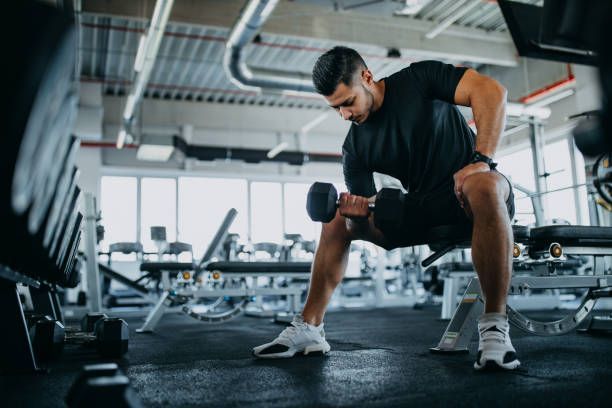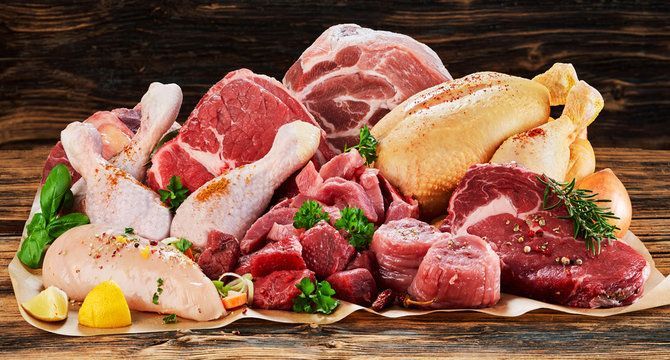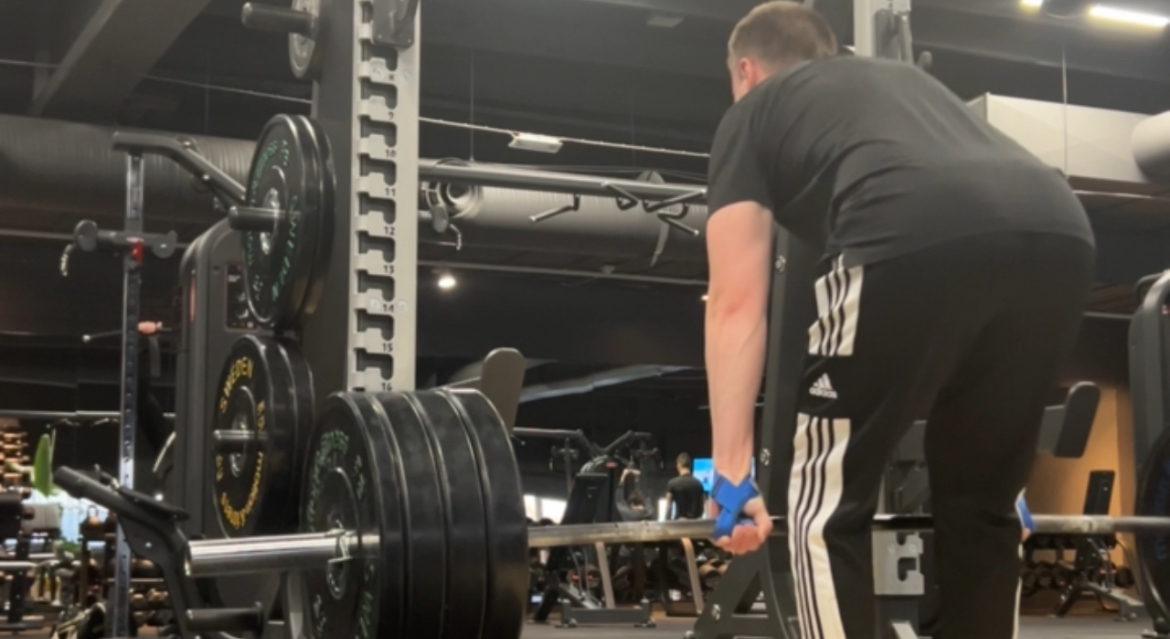My Experience with a Vegan Diet
Should you go vegan?
Embarking on a vegan diet can be a transformative journey for many, driven by ethical, environmental, or health concerns. However, not every individual finds this lifestyle suitable for their needs. In this article, I will share my personal experience with a vegan diet, outlining the digestive issues, concerns about nutrient bioavailability, and the perceived complexities that led me to reconsider this dietary choice.
Digestive Issues:
One of the first challenges I encountered on a vegan diet was related to digestion. The abundance of fiber-rich plant foods, while generally beneficial, can sometimes lead to digestive discomfort for certain individuals. Bloating, gas, and irregular bowel movements became common occurrences for me, causing a level of discomfort that I had not experienced with my previous omnivorous diet.
The high fiber content in many plant-based foods, while promoting gut health, can be overwhelming for some digestive systems. Transitioning to a vegan diet requires careful planning and consideration of individual tolerance levels to avoid these discomforts.
Nutrient Bioavailability:
Another concern I encountered was the bioavailability of certain nutrients in a vegan diet. While plant-based diets are rich in essential vitamins and minerals, the form in which these nutrients are present in plant foods can be less readily absorbed by the body compared to animal sources.
Iron, zinc, calcium, and vitamin B12 are among the nutrients that may pose challenges for vegans. Non-heme iron found in plant foods is not as easily absorbed as heme iron from animal sources, potentially leading to iron deficiencies. Vitamin B12, crucial for nerve function and the production of red blood cells, is primarily found in animal products, and obtaining an adequate amount from plant-based sources may require supplementation.
Complexity of Meal Planning:
Meal planning on a vegan diet often demands more time and effort compared to an omnivorous diet. Ensuring a well-balanced intake of all essential nutrients can be challenging, requiring careful consideration of a variety of plant sources. The need for supplementation of certain nutrients, such as vitamin B12 and omega-3 fatty acids, adds an additional layer of complexity to meal planning.
Moreover, finding vegan alternatives for everyday products and adhering to a vegan lifestyle in social situations can be challenging, potentially leading to feelings of isolation or inconvenience.
Conclusion:
While a vegan diet may hold some benefits for some individuals, it is essential to acknowledge that it may not be a one-size-fits-all solution. My personal journey with a vegan diet exposed me to digestive issues, concerns about nutrient bioavailability, and the perceived complexities of meal planning. It is crucial to approach any dietary change with careful consideration of individual needs, tolerances, and preferences.

